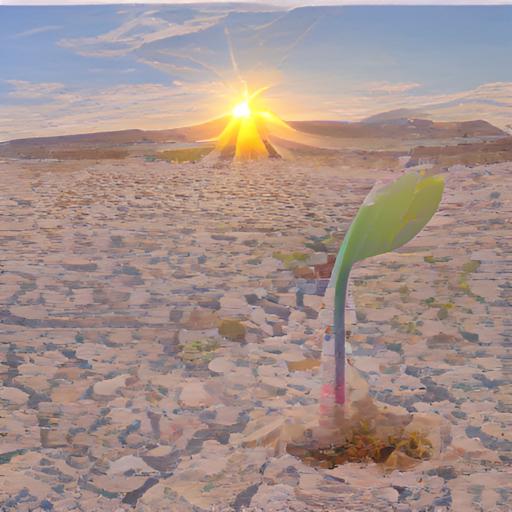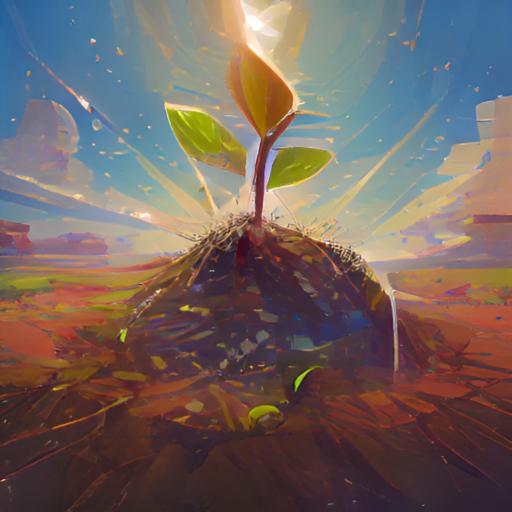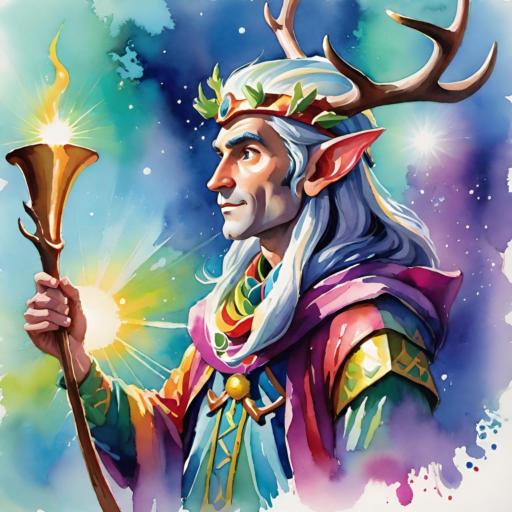Is Cardano an individual person’s project?
Yes and no. Cardano people, including us at Lido Nation, love to talk about how a decentralized ecosystem like Cardano belongs to everyone, and anyone can participate. But nothing is decentralized from the very beginning – there has to be a spark of an idea in someone’s head, which must meet with the kindling of opportunity, ability, and materials to catch fire!
In the case of Cardano, that spark of origin is credited to Charles Hoskinson. He was part of the founding team of Ethereum too, and he had some ideas about what should be different in the next generation of blockchain. He published a famous “whiteboard video” in 2017 that got a lot of people excited about those ideas. You can read transcripts of that famous video here at Lido Nation .
Since the idea of blockchain has decentralization at its core, no single person or group can remain at the helm of a truly decentralized blockchain. Charles Hoskinson is still a thought leader in the community, and at IOG, the company that founded Cardano. However, the people who are running the blockchain and building software for it are all over the world, working independently or for any number of unrelated companies and startups.
What is the difference between Lido Nation and Cardano?
Lido Nation is one of those unrelated startups that is participating in running the blockchain, and building software for it! We started as a Cardano Stake pool – which means we are one of the many nodes that validate blocks for the blockchain. We quickly grew into other ways of participation, like writing articles, and creating software that uses the blockchain. We didn’t have to get anyone’s permission to do this. That’s one of the things that is exciting about blockchain; anyone with an idea can jump in and try it!
Was Cardano initially released as an ICO?
Just to back up one step, let’s explain the term ICO. An ICO is like the blockchain version of an IPO “Initial Public Offering.” An IPO is when a company “goes public” and offers stocks of the company for sale. ICO stands for “Initial Coin Offering” and it’s a similar idea. A blockchain startup sells their “coins” as a way to raise money for the project.
Cardano did do something like an ICO, but in the interest of mitigating risk and doing everything very properly, it was a little different than other ICOs. For the purpose of this story, the outcome is roughly the same: there was a fundraising sale of vouchers in Asia (notably in Japan) that generated seed money for the blockchain to launch.
Who are the developers who work for Cardano? How do they get paid? Do they have to write proposals and win funding too?
This is a great question. We love to talk about the vast, “Decentralized” community that is Cardano, but we sometimes don’t explain that decentralization is a destination - and we are still on the road to get there. While we are on that road, there are still elements of traditional, “centralized” infrastructure.
We already explained that the IDEA of Cardano started with a single person. The money to start building that idea was largely raised by the ICO-like “voucher sale.” Three companies were formed as co-founders of Cardano: IOHK (now IOG), Emurgo, and the Cardano Foundation. Each entity had a slightly different role in launching the blockchain. The fact that they started with THREE entities, not just one, points to the seriousness of the decentralization goal – even at the earliest stages!
So the developers (and other roles) who work at these companies were funded by that initial fundraising sale. Their “Proposal” was the original idea for the blockchain itself, and the unique “3rd generation” ideas that it brought to the table.
Until very recently, IOG and its team of developers could be said to be steering the ship - making executive-level decisions about how the blockchain is built and what its settings and parameters are. We are now in a transition period to the end-stage of Cardano’s original road-map: the Voltaire Era.
In the Voltaire Era, decisions about what software is built and who builds it is transferred into the hands of the community. When we reach the end of this transition, the founding entities will be on equal footing with anyone else who wants to participate, build, and earn funding from the Cardano Treasury. Since it has to do with the way decisions and leadership are handled, Voltaire is all about “Governance.” If you are interested in governance, you should follow along with the happenings over at 1694.io.
How can one join the development team of Cardano?
As we just explained, the idea of joining “the” (singular, central) development team of Cardano is becoming less relevant in the Voltaire Era. If you are a developer who wants to build something for Cardano, you can go ahead and do it. If you need funding, you can submit a proposal to Project Catalyst . If you are interested in a project that is building on Cardano, you can reach out to them and start networking. The founding company, IOG, does still exist! Like most established, traditional companies, they have a careers page with job openings posted - these include various kinds of developer jobs, as well as other roles, like marketing.
How often does the Cardano Summit happen?
Glad you asked! In recent years, the summit has happened once per year, in the fall. This author has attended the last 3 in a row in Wyoming USA, Switzerland, and Dubai. I’m looking forward to my 4th appearance next week: October 23-24, again in Dubai.
But this is another interesting question, given the decentralized future of Cardano. In a world where no central company “runs” Cardano, who takes responsibility for leading global events, and who shoulders the cost? In the past, the Summit has been led by IOG or the Cardano Foundation in different years. (I believe in recent years it has been just the Foundation) The Foundation has an interesting funding model, which could continue in a stable way for any number of years, or it could change. Will the Cardano Foundation continue to prioritize the annual global summit as a way to promote Cardano? We hope so!
However it’s also realistic to recognize that this ecosystem is growing and evolving rapidly – expect everything to change! The future may include more global summits, or there might be more mid-sized local events, such as Rare Evo and CNFTcon (In their own version of constant change, these two independent events merged into one single event this past year in Las Vegas. Their funding is a mix of Project Catalyst funding, plus sponsors and ticket sales).
If you are interested in seeing more in-person Cardano events near you, look around for local meetups. If there isn’t one, you can start one! You never know where it might lead.
Will we see YOU in Dubai at the Cardano Summit?





No comments yet…